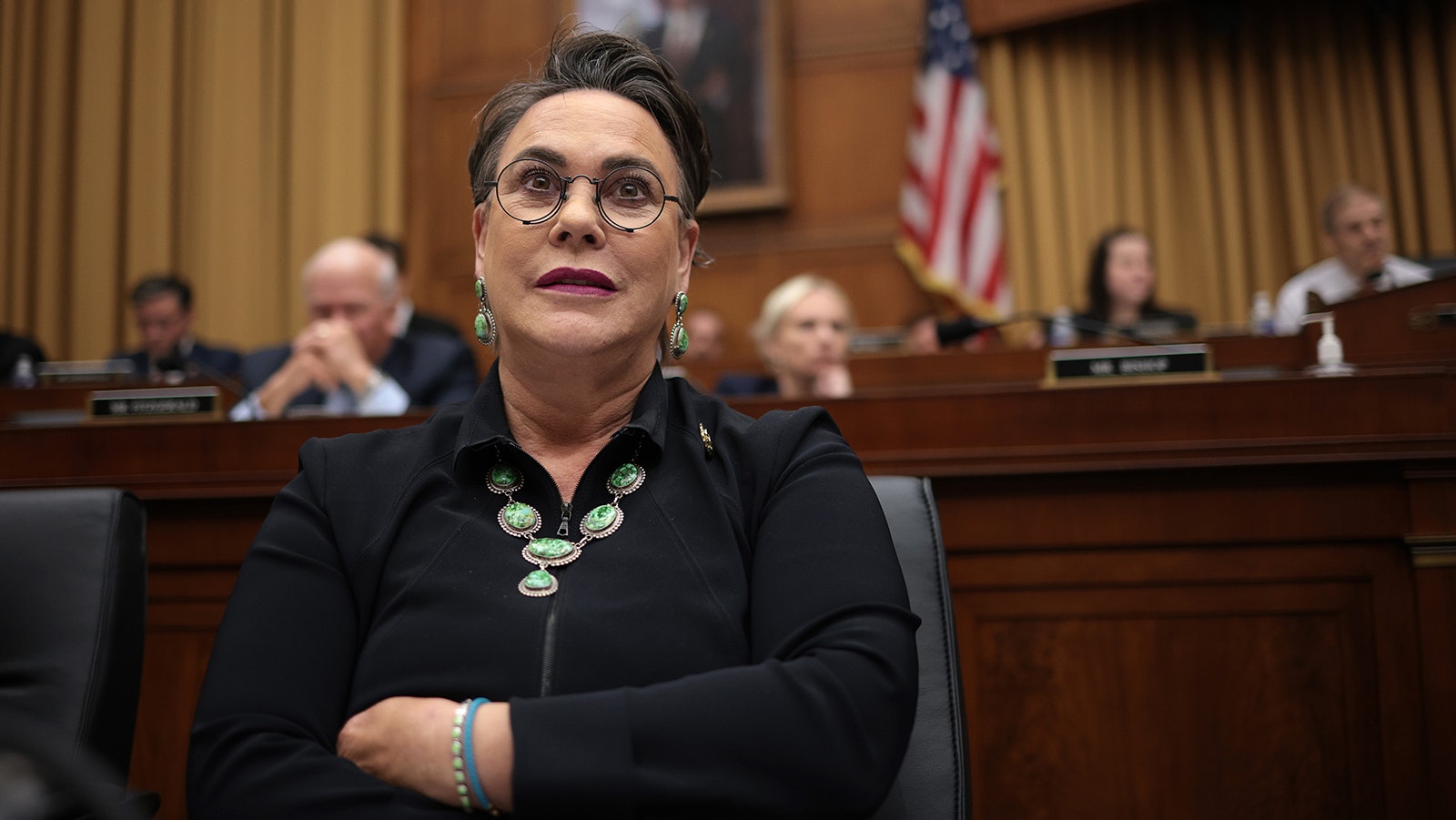So much so, that she’s voting no on the National Defense Authorization Act (NDAA), saying that she wasn’t conferred with on the Senate’s version of the bill.
“I have refused to sign off on the NDAA as a conferee, as I was never consulted and simply handed a 3,000-page bill that I was expected to support,” she said in a Monday press release. “I am voting no on the bill because it was a bad process which has resulted in bad legislation.”
While the NDAA does not itself appropriate money, it authorizes the levels that spending is to be capped at. This next year’s authorization is $886 billion for military spending, up from $858 billion 2023. But the bill also contains a number of legislative riders that impact policy in the annual defense bill.
It includes a 5.2% pay raise, the largest raise for military service members in more than 20 years.
The Washington Times reports that the compromise version of the National Defense Authorization Act is expected to pass with bipartisan support Wednesday before senators send it to the House for a vote before its holiday recess.
The House’s version of the bill was more conservative, reflecting the Republican majority of the House.
On Tuesday, Wyoming Sen. John Barrasso voted to advance the bill to a final vote, a measure that passed 85-15. Sen. Cynthia Lummis, R-Wyoming, voted against it. The passage of the procedural vote for the compromise version of the National Defense Authorization Act sets it up for final passage Wednesday.
“We cannot continue to be jammed by bad Senate policy through a conference process where House passed legislation is ignored or amended to be so watered down that it is useless,” Hageman said.
Other Problems
Hageman also is voting against the bill because she has some serious problems with the way it’s written. She said it’s not so remarkable for what it does, but more so for what it doesn’t do.
Most notably, the legislation retains the Biden administration’s policy of reimbursing service members expenses who have to go out-of-state from where they are stationed to get abortions, a policy Hageman asserts violates federal law. The House’s version of the bill outlawed this practice.
It also doesn’t prohibit funding and furthering “gender transition” surgeries for transgender members of the military.
Similarly, Hageman noted that “it does not eliminate the military’s chief diversity officers, does not ban drag shows at military installations and does not counter Biden’s radical green bad deal climate agenda.”
It also did not include House language that would bar funding for a federal school system used to buy or keep library books with certain LGBTQ themes.
“It also weakens the House provisions for a special Inspector General for Ukraine aid and does not include my amendment for oversight of the Ukraine lend-lease program that was passed by the House,” Hageman said. “All these items were included in the House’s version of the NDAA that was passed and sent to conference for debate and discussion.”
Surveillance And Poisonings
The bill also extends warrantless surveillance of foreign nationals, allowed under the Foreign Intelligence Surveillance Act (FISA). The law enables the U.S. government to obtain intelligence by collecting communication records of foreign people based overseas who are using U.S.-based communications services.
The national security tool has become a target among conservative Republicans after revelations that the FBI was exploiting its loopholes to also spy on Americans, part of a larger sense of distrust for the U.S. intelligence community among Republicans. For example, a section of the same law was inappropriately used to surveil an aide to then-presidential candidate Donald Trump in 2016
Hageman’s Judiciary Committee already passed a FISA extension bill that offered reforms aimed at blocking violations to the Fourth Amendment.
Another piece removed from the House bill was a provision compensating Americans poisoned as a result of the nation’s atomic program, including uranium mine workers and those living downwind from nuclear tests. The removal of this from the bill, Missouri Republican Senator Josh Hawley called a “grave injustice.”
But one provision retained directs the Pentagon to consider reinstating U.S. troops who were forced out of the service after they refused to get the COVID-19 vaccine. Another aspect scales back the Defense Department’s spending and focus on critical race theory and diversity issues. And although drag shows are not banned as a whole, their funding with tax dollars is prohibited in the legislation.
Leo Wolfson can be reached at leo@cowboystatedaily.com.





